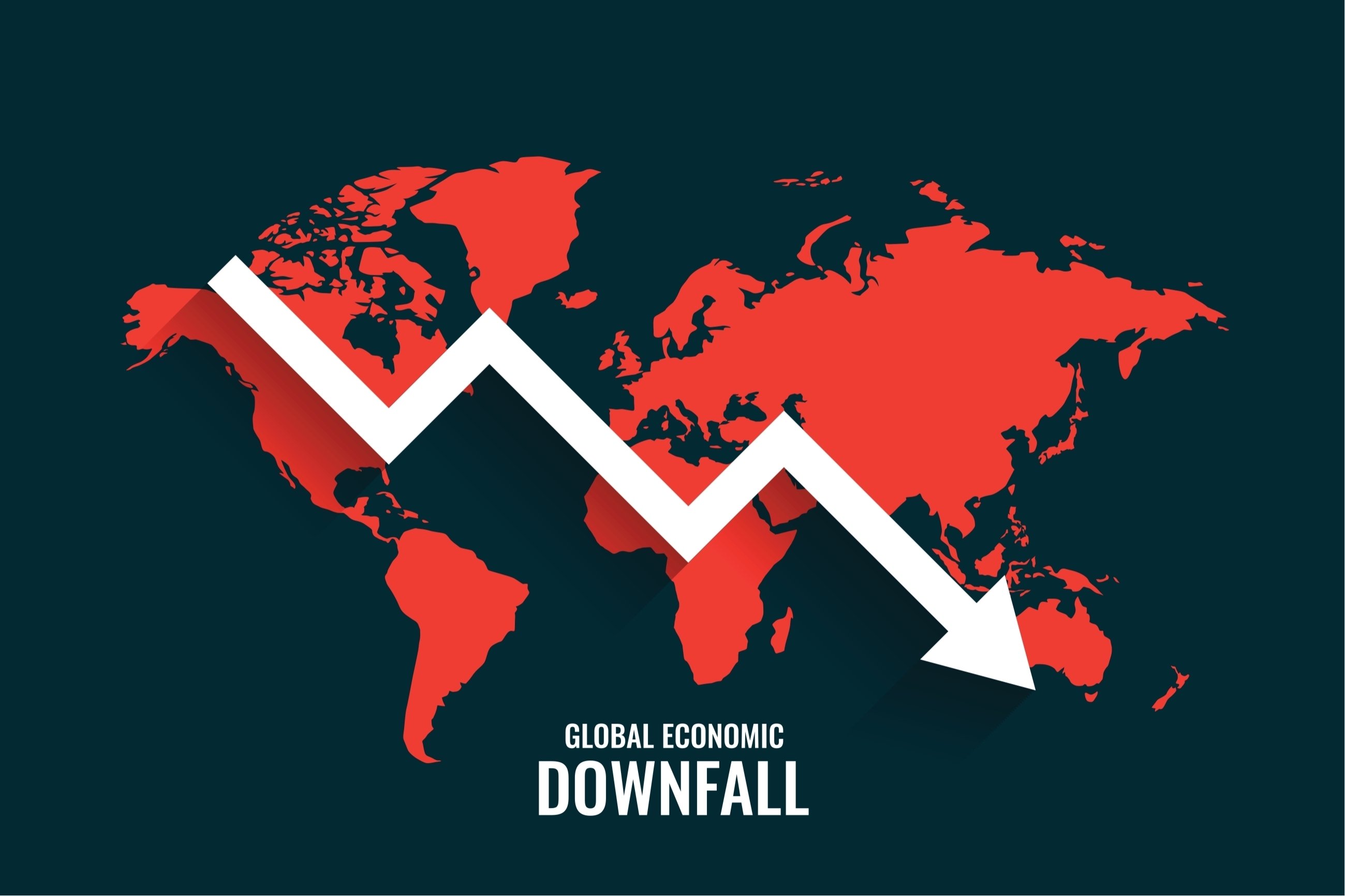A Decade of Global Economic Transformations: Analyzing 2018 to 2023

The half-decade spanning 2018 to 2023 stands as a crucible for the global economy, witnessing a constellation of significant trends, challenges, and transformative events. This extended analysis delves deep into the intricate web of economic occurrences that shaped the world during this period, offering an in-depth examination of pivotal moments, consequences, and the evolving state of the global economy.
2018: Prelude to Trade Turmoil
The year 2018 laid the groundwork for a recurring theme that would reverberate throughout the subsequent years: trade tensions. Under the leadership of President Donald Trump, the United States initiated confrontations on the global stage, targeting key trading partners, notably China, Canada, and the European Union. The specter of tariffs, sanctions, and trade wars cast shadows over global commerce, unleashing profound consequences on supply chains, economic stability, and investor sentiment.
2019: The Global Economic Downturn
In 2019, the world grappled with an unmistakable economic slowdown. An intricate nexus of factors, including ongoing trade frictions, a slump in manufacturing activity, and geopolitical uncertainties, collectively chipped away at global economic growth. Central banks worldwide responded with monetary policy acrobatics, deploying interest rate cuts and unconventional measures to resuscitate their economies.
2020: The Pandemic Paradox and the Great Lockdown
The annuls horribleness of 2020 will etch itself indelibly into the annals of history as the COVID-19 pandemic unfolded. This global health crisis unleashed a catastrophic ripple effect across economies as nations scrambled to mitigate the pandemic's economic impact. Lockdowns, business closures, and a profound recession ensued. In response, governments embarked on unprecedented fiscal stimulus initiatives, while central banks orchestrated interventions of epic proportions to stabilize tumultuous financial markets.
2021: A Tenuous Rebound
As the world cautiously emerged from the grip of the pandemic in 2021, tentative green shoots of recovery began to appear. Mass vaccination campaigns offered a glimmer of hope, permitting economies to gingerly reopen. However, the recovery proved uneven, with certain sectors regaining momentum swiftly while others languished in the throes of uncertainty and hardship.
2022: Inflationary Tempest and Supply Chain Disruptions
In 2022, inflation emerged as a ubiquitous concern for economies around the globe. A confluence of factors, including supply chain disruptions, surging demand, and escalating commodity prices, conspired to elevate inflation rates in various regions. Central banks, now burdened with the delicate task of balancing inflation containment and sustaining economic growth, found themselves navigating treacherous waters.
2023: The Green Pivot and Technological Renaissance
The year 2023 marked a profound shift in the global economic paradigm. Nations worldwide adopted a concerted focus on sustainability and innovation. Investment flooded into renewable energy sources, electric vehicle infrastructure, and sustainable urban development. This pivot towards green economies aimed to mitigate environmental threats and bolster long-term economic resilience. Simultaneously, technological advancements, including artificial intelligence, blockchain, and 5G, continued their transformative journey, ushering in a new era of industry dynamics, labor markets, and consumer behaviors.
Conclusion: A Mosaic of Lessons and Prospects
The span from 2018 to 2023 epitomized a quintessential roller-coaster ride through economic epochs. From volatile trade disputes to a cataclysmic pandemic and a tentative resurgence, the global economy demonstrated its innate resilience and capacity for adaptation. Crucial lessons gleaned from these tumultuous years underscored the indispensability of international collaboration, fiscal flexibility, and innovation in shaping robust economic growth and stability.
As humanity progresses, it is paramount to heed these lessons, fostering sustainability and embracing cutting-edge technology to forge a more equitable and resilient global economy. Though uncertainties continue to loom on the horizon, the collective experiences of the past five years furnish invaluable insights for navigating the complex terrain of future economic landscapes.